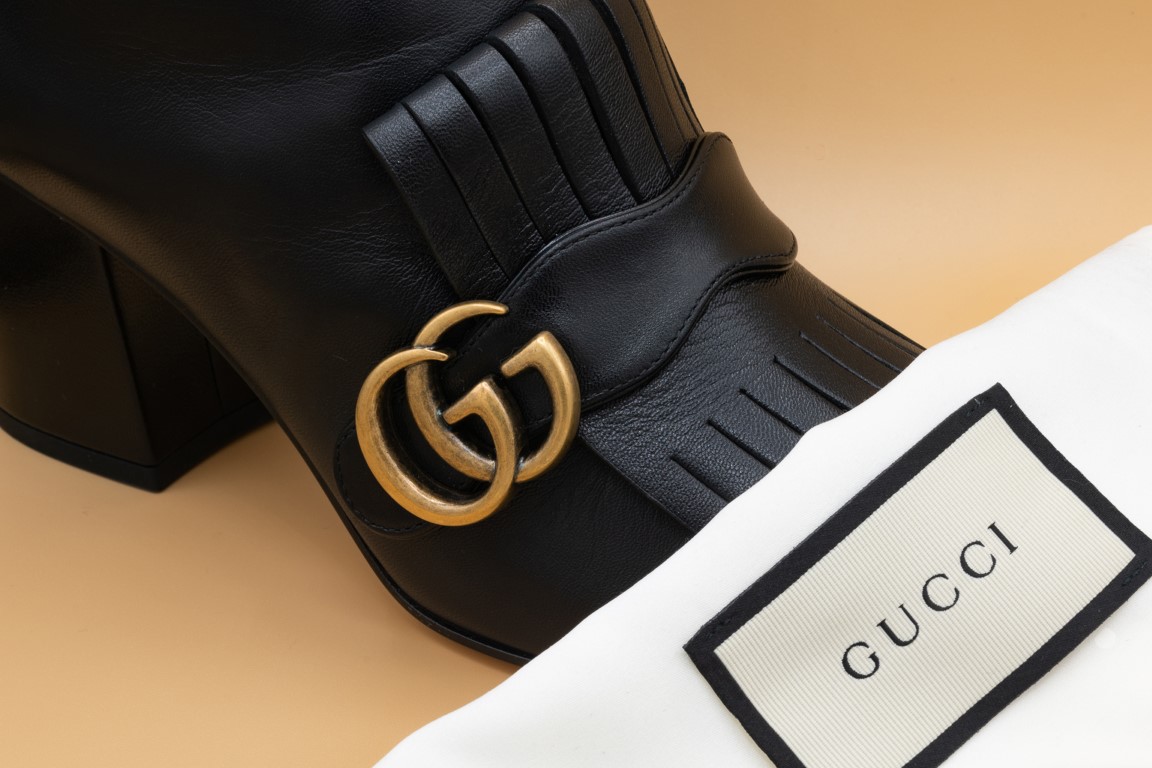
Retrain your brain to stop craving luxury goods
By Alexis Zygan, Contributor
Even though a Hermes handbag may signal wealth, one cannot decipher a person’s capacity for kindness, empathy or wholeheartedness based on their appearance
Despite the cliche about not judging a book by its cover, judging others is a part of our unconscious brain chemistry. The way a person speaks, behaves, and especially how they dress registers either a positive or negative response; this subconscious reaction is why first impressions matter in situations such as attending a job interview or meeting a potential romantic partner for a first date. The instinct may also explain why people avert their eyes from a disheveled individual on the streets and hold high regard for a person dressed to the nines from head-to-toe in luxury brands—their presentation signals status. People inherently care about their image and how others view them. However, defining people solely on their goods is harmful, especially since greed and vanity are customary to many. Modern society, under the capitalist system, preserves materialism by encouraging consumers to keep buying. Even if people do not have the money for the iconic double G gold Gucci belt, retailers still find a way (e.g., Amazon sells a dupe for $20).
The luxury goods industry is predicted to grow by nearly $103 billion from 2020 to 2025. During a pandemic that has impacted the global economy and led to mass unemployment, some affluent consumers still go forward as normal—purchasing luxury items from household names; out of touch with middle-class struggles, well-to-do people buy Rolex watches and Hermes handbags to flex their wealth on social media.
“Flex” is a slang term for bragging and is said to originate from Ice Cube’s hit single “It Was A Good Day.” The term skyrocketed to popularity in 2013 and brought forth “flex culture,” the act of flaunting wealth online for validation. Flex culture is just one of the many negative impacts of luxury goods on people who cannot afford the luxury lifestyle. Even those who can afford these items end up basing their self-image solely on their possessions, a slippery slope to a supercilious egotistical outlook. Many of these luxury brands are far from ethical; Louis Vuitton and Fendi received scrutiny after an investigation uncovered that they allegedly pay factory workers the same wage as sweat-shops. Worse still, the high-end price and Made-in-Italy tag in no way represents sustainability. To prevent depreciation and protect their status, firms like Gucci, Chanel, and Burberry burn unsold items. Other luxury brands, such as Cartier, purchase back unsold watches to be destroyed and recycled.
A movement has arisen in response to vapid materialism that rejects the value of luxury goods. Many minimalists choose not to partake in mass consumption and are often motivated by the promise of financial stability or reducing debt caused by the mindless materialism. Some hope to rewire their brains to no longer seek external validation from purchasing goods. Minimalists can be seen as the antagonists to the bourgeoisie who spend their money on items from household luxury brands Gucci, Versace, and Louis Vuitton.
Even though a Hermes handbag may signal wealth, one cannot decipher a person’s capacity for kindness, empathy, or wholeheartedness based on their appearance. It is up to consumers to become aware of their subconscious judgements and get comfortable with the cognitive dissonance of changing their thinking to revert from fixed conclusions that result in jealousy and arrogance. No amount of luxury brands can ever turn someone into a genuinely good person.

